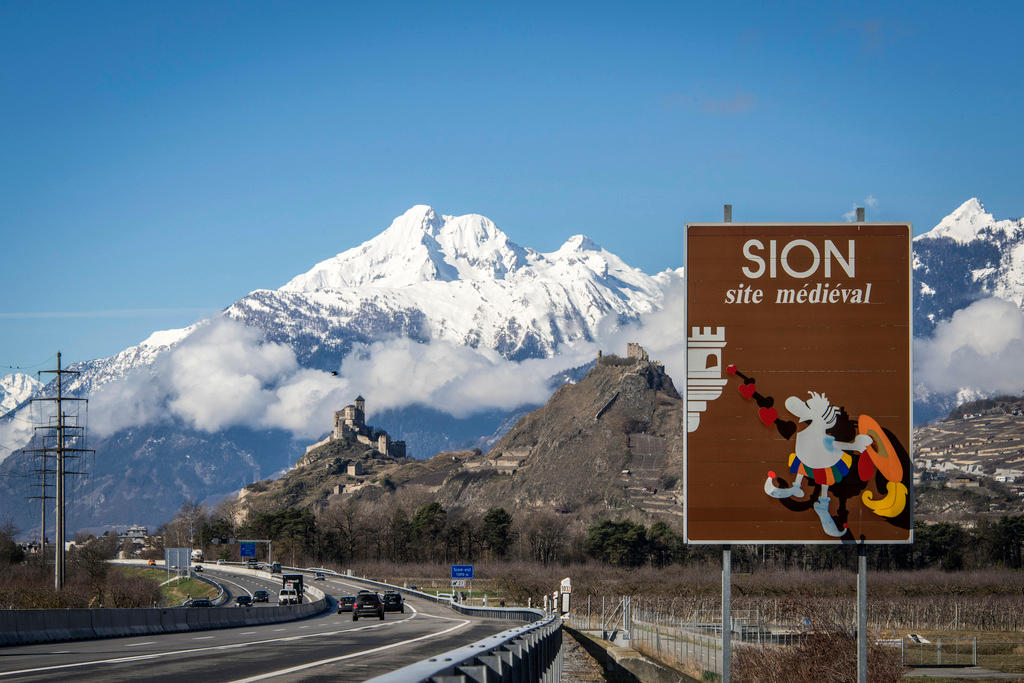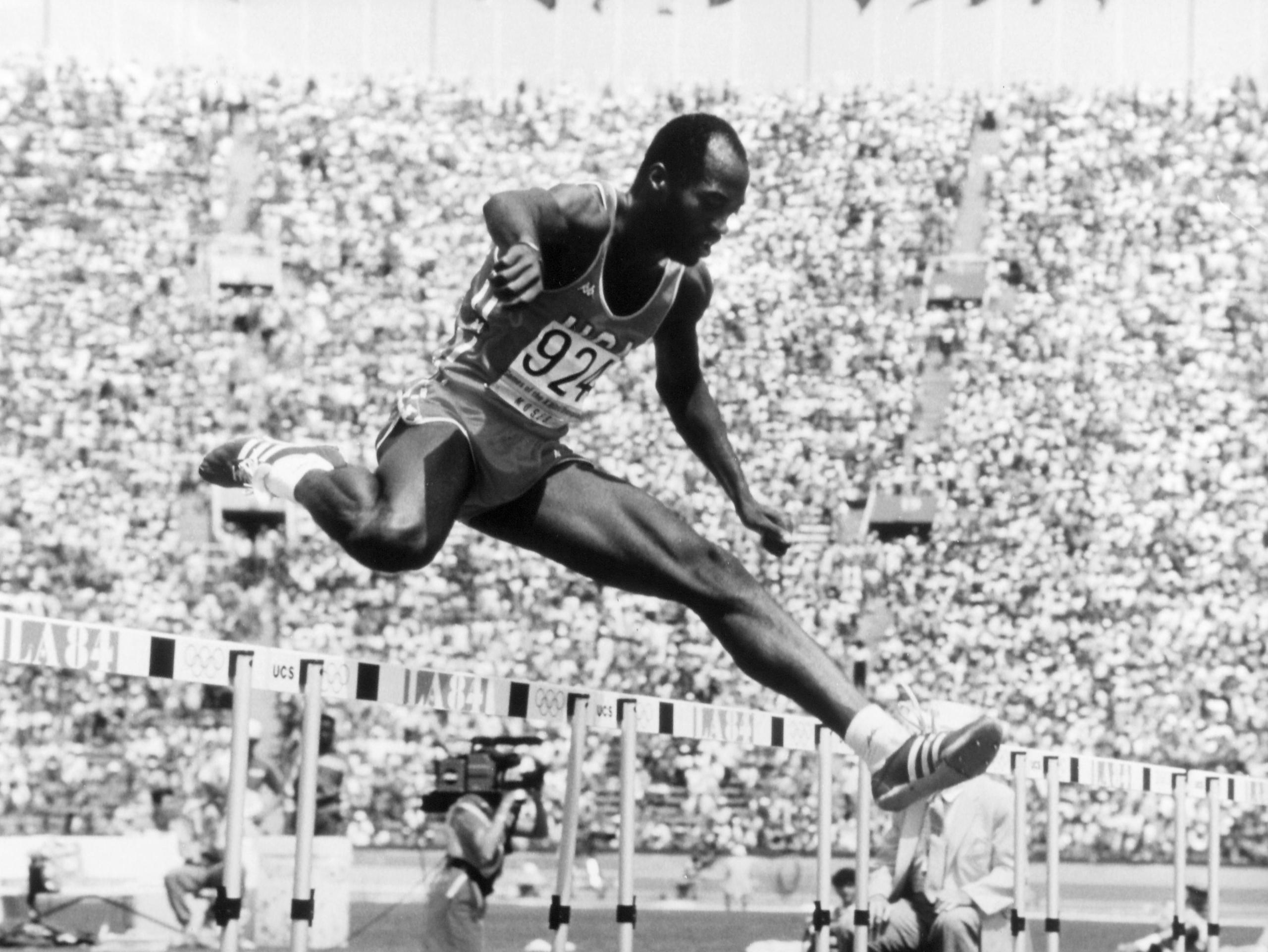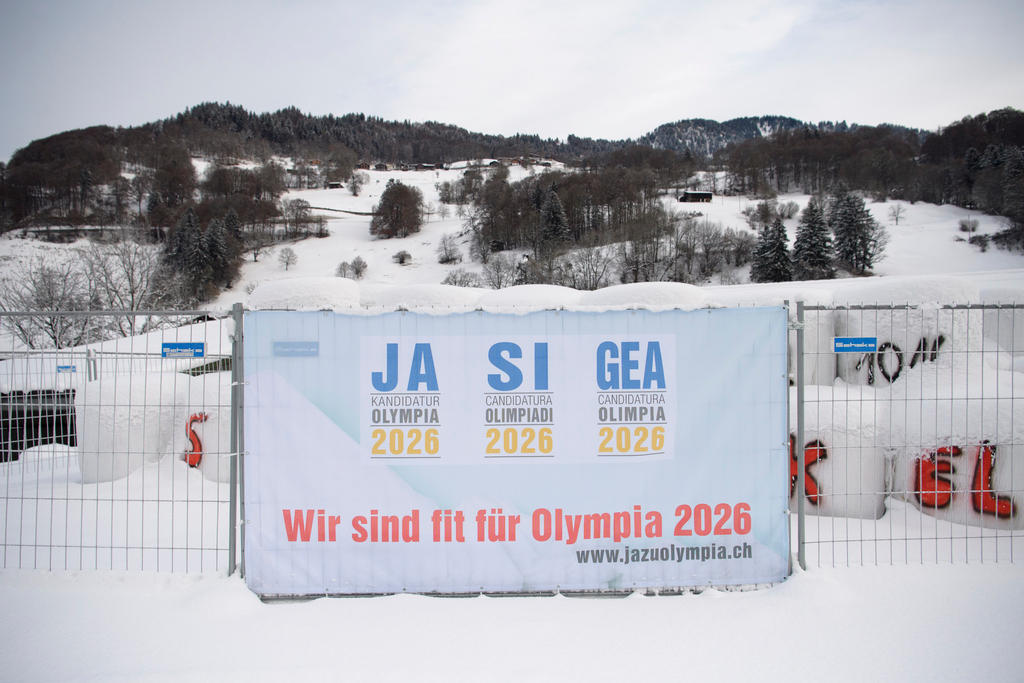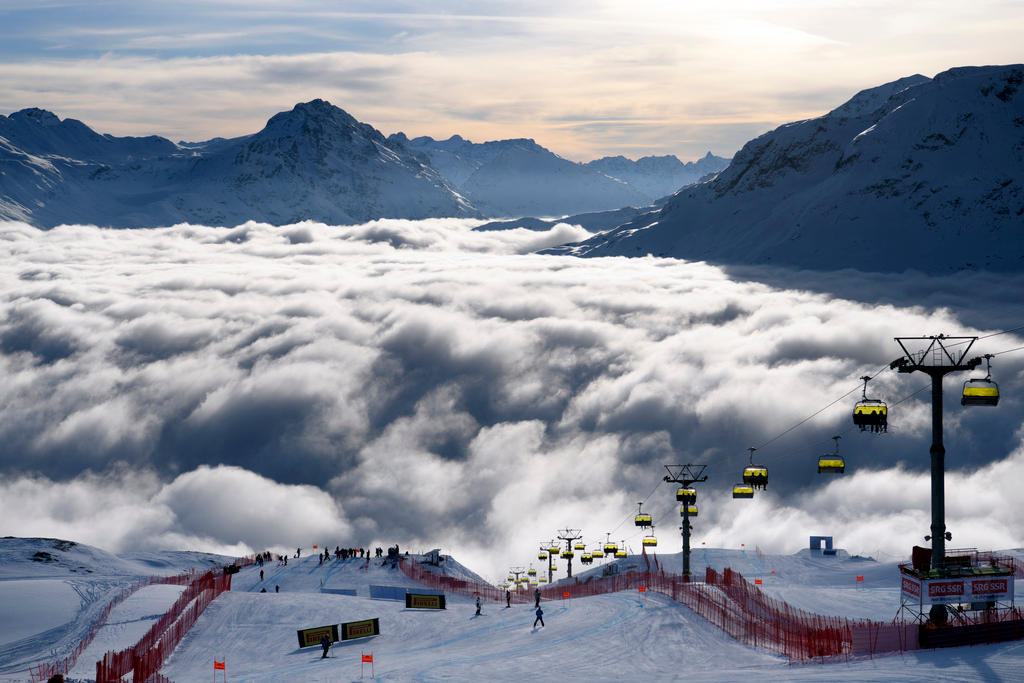Sion 2026: an un-Olympic dream

Voters may have said no to Graubünden’s candidacy for the Winter Olympics 2026, but Switzerland is still in the running to host the event with “Sion 2026”. Democratic rights do not seem to be the biggest hurdle – it’s actually the International Olympic Committee (IOC).
On Tuesday, the sport parliament of Swiss OlympicExternal link, the umbrella organisation of Swiss sports associations, made the last remaining Swiss candidacy for the 2026 Winter Olympics official.
Behind “Sion 2026External link” is a group made up of representatives from cantons Valais, Vaud, Fribourg and Bern. Graubünden is also present – the bob races would take place in St Moritz. The idea is to hold an event that is decentralised and environmentally sustainable.
The proposal follows the lines of the IOC’s Agenda 2020External link reform programme, launched in 2014 as a “strategic roadmap for the future of the Olympic Movement”. It set outs 40 recommendations concerning sustainability of future games, including involving citizens in the process.
The catalyst for change was the disastrous Sochi 2014 games – with its environment, human rights and public finance issues. The Summer Olympics in Rio last year provided a further reminder of the need for sustainability.
In addition, recommendations on transparency, good governance and autonomy should ensure that future games – the world’s third largest sporting event – should be held under “democratic and sustainable” conditions.
IOC: promoting dialogue with citizens…
Presenting Agenda 2020, German IOC president Thomas BachExternal link, stated: “To change or to be changed, that is the question”. The former Olympic fencing champion pledged that the IOC, which has for a long time been accused of arrogance and corruption, would in future be committed to “dialogue” and “respecting” laws.
But three years after this speech, one wonders how seriously the IOC is taking these pledges, and whether the Lausanne-based NGO – which is financed by funds generated by the Olympics games – is too late with its proposal.
The latest selection procedures for the 2022 Winter Games and the larger summer event two years later, for example, have seen the IOC struggle. The IOC decided to award the 2022 Winter Games to the Chinese capital Beijing, despite the city already having staged the 2008 Summer Olympics and it not being renowned for winter sports.
The move came after several competing cities dropped out of the race following local votes against a candidacy. This included Krakow in Poland, Munich in Germany and voters in Switzerland’s own canton Graubünden.
… but shooting itself in the foot
Only in Oslo, Norway’s capital, did voters approve the city’s Olympic plans by 55%. But then the IOC members torpedoed their own “Agenda 2020”, by producing a 700-page handbook which contained some pretty bizarre conditions: Norwegian royals should host cocktail parties for IOC delegates – and be chauffeured there in limousines on specially cordoned off roads.
The final straw was the state-backed deficit guarantee, which led the conservative-coalition Norway government to put a stop to the candidacy, despite Oslo voters’ approval. This paved the way for the Chinese.
The process for awarding the even more expensive Summer Games 2024 – the decision will come this September – has hardly been any better. Boston, Rome and Budapest have already withdrawn, after action groups gathered enough signatures to force votes. The Hamburg government organised a referendum at the end of 2015 and lost by 51.6% to 48.4%.
That leaves Paris and Los Angeles in the race. But the French capital is already facing opposition in the form of a petitionExternal link (no direct democracy instruments exist there). So that leaves Los Angeles as the only city to be able to offer good conditions for running the games along the lines of “Agenda 2020”. Perhaps they are even a bit too good, as US journalist Joe Mathews said in a recent swissinfo.ch opinion piece.
The question then arises of whether future Olympic Games could be held in places run by autocratic rulers who (along with the majority of IOC delegates) are not in the least bit concerned with sustainability goals. Or could it really happen that the Olympics and Democracy – which in the 20th century made the leap from antiquity into modern times – will be reunited?
Sweden and Switzerland: last attempts
The answers will come in the near future from two of the most democratic countries in the world. Sweden’s capital Stockholm (along with the winter resorts and Falun) is putting itself forward for 2026. This proposal points very clearly to the fulfilment of the IOC’s democratic sustainability goals.
And in Switzerland – after the 60% no vote in Graubünden in mid-February – Sion is also stepping forward. It would be fourth time lucky for the capital of canton Valais after failed attempts in 1976, 2002 and 2006.
According to a recent poll by the magazine L’IllustréExternal link, the prospects are looking fairly good: two thirds of the population of French-speaking Switzerland are said to be behind the bid.
But this does not mean that it’s a done deal: firstly, a non-binding opinion poll has little to do with a binding public vote on how to finance the sports spectacle. Secondly, the region in question has as yet little idea of what lies ahead in terms of fulfilling IOC members’ special demands.

In compliance with the JTI standards
More: SWI swissinfo.ch certified by the Journalism Trust Initiative












You can find an overview of ongoing debates with our journalists here . Please join us!
If you want to start a conversation about a topic raised in this article or want to report factual errors, email us at english@swissinfo.ch.